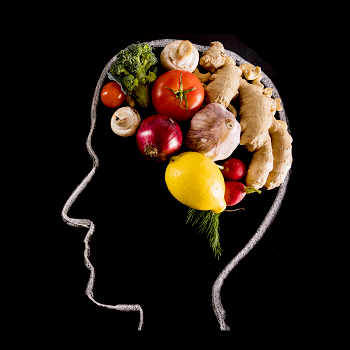Food Insecurity, Mental Health and the War on SNAP
Newsletter May 8, 2025
Food insecurity can lead to or exacerbate mental health issues. The constant anxiety food insecure people experience is lessened by programs like SNAP which has helped 42 million people put food on the table. Of those 42 million people, 80% are households that include children, seniors, or a disabled person.
A subprogram of SNAP called Produce Perks, matches dollar for dollar any SNAP funds spent on fruits and vegetables up to a certain dollar amount. This leads to double the amount spent on fresh produce incentivizing SNAP users to make healthier choices and therefore, having healthier diets. Yet, the federal government wants to cut SNAP funding and have already slashed future funding for Produce Perks. The American people can’t afford these cuts. Food insecurity in households with children, leads to malnutrition and developmental issues. Access to SNAP during pregnancy and early childhood increases the likelihood of completing high school by 18% and enhances long-term economic self-sufficiency.
Not only are we taking away a lifeline from our most vulnerable populations but our economy would also take a hit. It would lose 15.4 billion dollars in revenue. Lastly, our farmers would lose the 25% they currently earn for every $1 spent through SNAP which could result in them losing billions. Farmers losing this income could add stress to an already stressful job that ranks 9th for death by mental health issues.
Cutting SNAP means more hunger, more hardship, and more economic strain. Help keep SNAP funding by calling or emailing your Senators and Representatives today and tell them not to cut SNAP funding.
If you or someone you know is currently struggling with food insecurity and/or their mental health, consider seeking therapy by speaking with a healthcare professional, or if you aren’t eligible, check out groups like Open Path Collective that offer accessible resources, even for those without insurance. Openpathcollective.org


